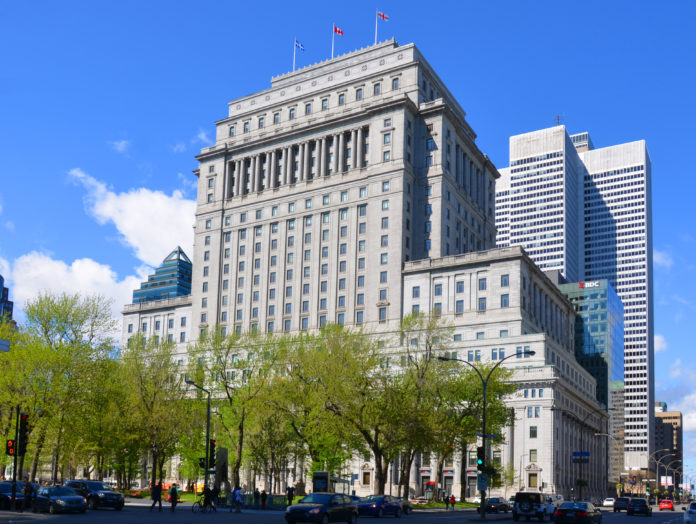
Canada immigration news: The one-month period during which organizations in Quebec could apply to sponsor refugees is now over.
Previous Quebec Immigration Minister Nadine Girault announced in late October last year that province would be accepting sponsorship applications under Quebec’s Collective Sponsorship program from Jan. 18 and running through to Feb. 16.
Read More Canada Immigration News
Quebec Targets 21 Jobs In Largest Canada Immigration Draw Of 2022
Ottawa, Quebec Work Together To Speed Up Canada Immigration Application Processing
First Quebec 2022 Draw Sees 512 Canada Immigration Invitations Issued
Last week, that deadline came and went.
Quebec is now advising all organizations that applied to sponsor a refugee that changes can no longer be made to their applications on the Arrima Express Entry-style online platform.
“The minister of immigration, francization, and integration could proceed to undertake one or several draws if the number of applications submitted and admissible exceeds the maximum number of applications that are allowed from … sponsors,” MIFI states in French on its website.
Quebec To Accept 825 Sponsored Refugees This Year
Quebec Immigration announced late last year it would accept 825 applications for the sponsorship of refugees in 2022, including 400 from organizations and 425 from groups of two to five people. In the eventuality that immigration officials receive more applications than that, the province will hold a random draw to select those applications it will consider.
Immigration, Refugees and Citizenship Canada (IRCC) figures released last week show Quebec welcomed 1,610 refugees last year, down 6.9 per cent from the 1,730 that settled in that province in 2020.
In 2019, the last full year before the Covid-19 pandemic, Quebec welcomed 4,815 refugees.
The announcement that Quebec would resume its Collective Sponsorship program was greatly welcomed last year by non-profits in the province.
In November, 2020, the Gazette Officielle du Québec had published a decision barring organizations from sponsoring refugees for one year. The decision referred only to “serious concerns” which had to be examined. At that time, Quebec’s immigration minister had not expanded on that to the news media and refugee advocacy groups lambasted the government for that decision.
Action Réfugiés Montréal executive director Paul Clarke reportedly then told the French-language daily newspaper La Presse the province was tarring all refugee organizations with the same brush and described Quebec’s decision as unfortunate.
“They are using a hammer when they should be using a scalpel (to do a job which requires surgical precision),” he said in French.
Return Of Quebec Collective Sponsorship Program Greeted With Relief
Quebec’s issues with the sponsorship of refugees by organizations under that program, officially known as the Programme des personnes réfugiées à l’étranger (Parrainage collectif), was resolved late last year.
“We have reached an important milestone in our collective sponsorship program in terms of ensuring the protection and well-being of refugees as we receive them here in the very welcoming society that is Quebec,” said Girault in French in October.
In its bid to ensure the integrity of the program, Quebec has banned organizations that have submitted false or misleading information in the previous two years from being able to sponsor refugees in the coming year.
Sponsorship groups can send a maximum of two applications but a Quebec citizen or permanent resident cannot be part of more than one sponsorship group. Those sponsors pledge themselves to provide for the basic needs of the candidate and his or her family for 12 months.
Those responsibilities include providing for:
- costs of getting settled in Quebec, including housing, furnishings, travel, food and clothing;
- expenses for health care, health services and drugs not covered or reimbursed by a public insurance plan, and;
- costs related to helping the candidate enter the job market or look for a job that are not covered by a government program.
The sponsor must also offer the candidate and his or her family help with integration, including:
- assistance in finding a job;
- help with school registration;
- support in accessing public services, and;
- support for participation in community life.
To qualify, the candidate must be a convention refugee or a member of the Country of Asylum Class.

